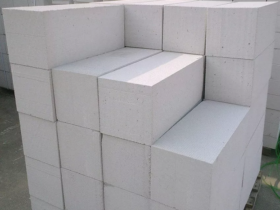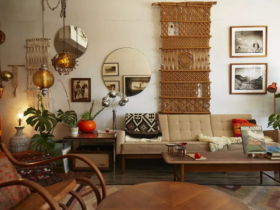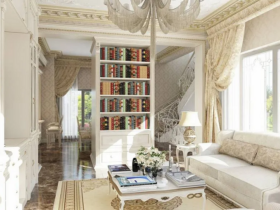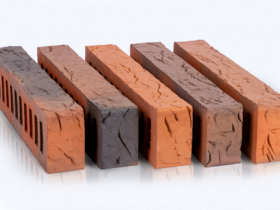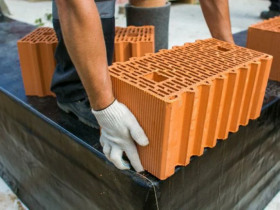This building stone is made from cement and various fillers. These can include boiler slag, broken glass, volcanic ash, granite and brick chips, gravel, sand, expanded clay and other substances.
The mixture is placed in special molds and compacted using vibrating machines. This material is absolutely fireproof (does not ignite and does not support combustion). There are options for façade cladding. Their decorative appearance does not require further finishing.
It has increased strength, but when laying it requires the use of a reinforcing gasket. The dimensions of cinder blocks make it possible to lay out walls in a short time using simplified technology.
The material is durable, has good thermal insulation and is cheap (compared to other analogues). Along with the above, this building stone weighs a lot (because of this, there are restrictions on the number of storeys in buildings), and absorbs moisture well. Plaster cannot be used for finishing, otherwise it may peel off.
Advantages and disadvantages
Cheap, durable, quick to install, durable, fireproof, decorative
Heavy weight, poor moisture resistance, ordinary plaster cannot be used for finishing


